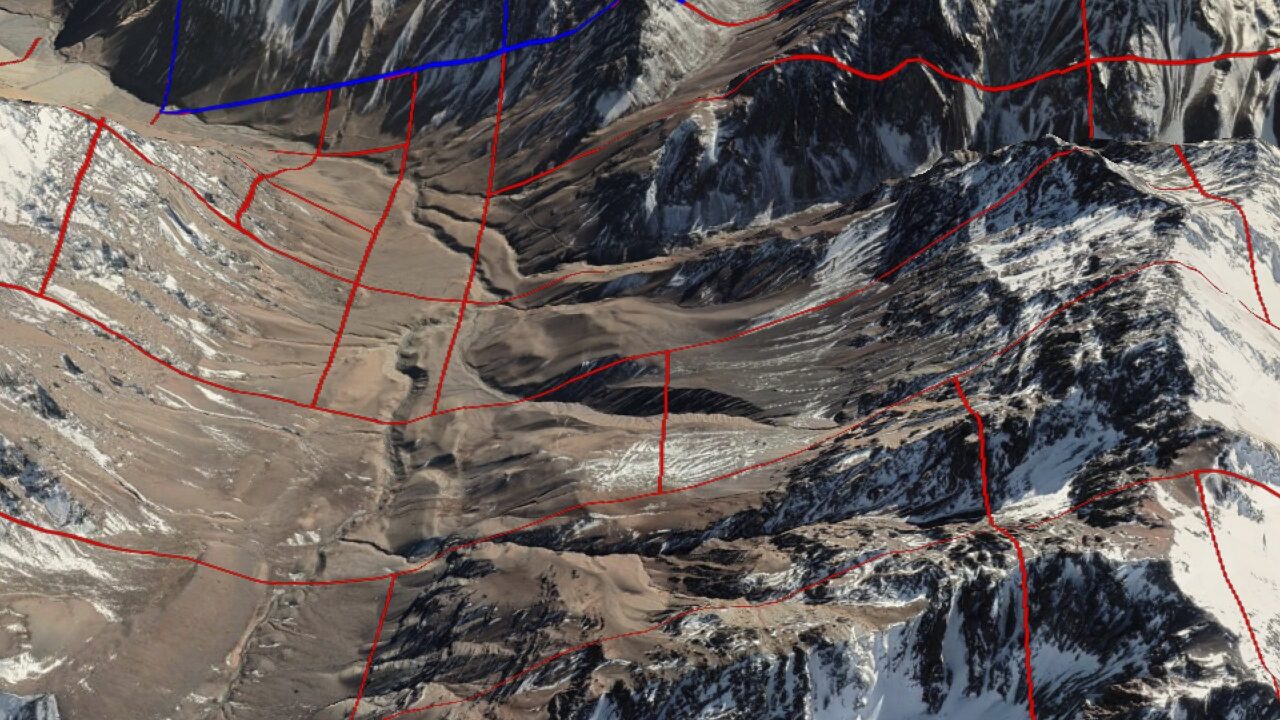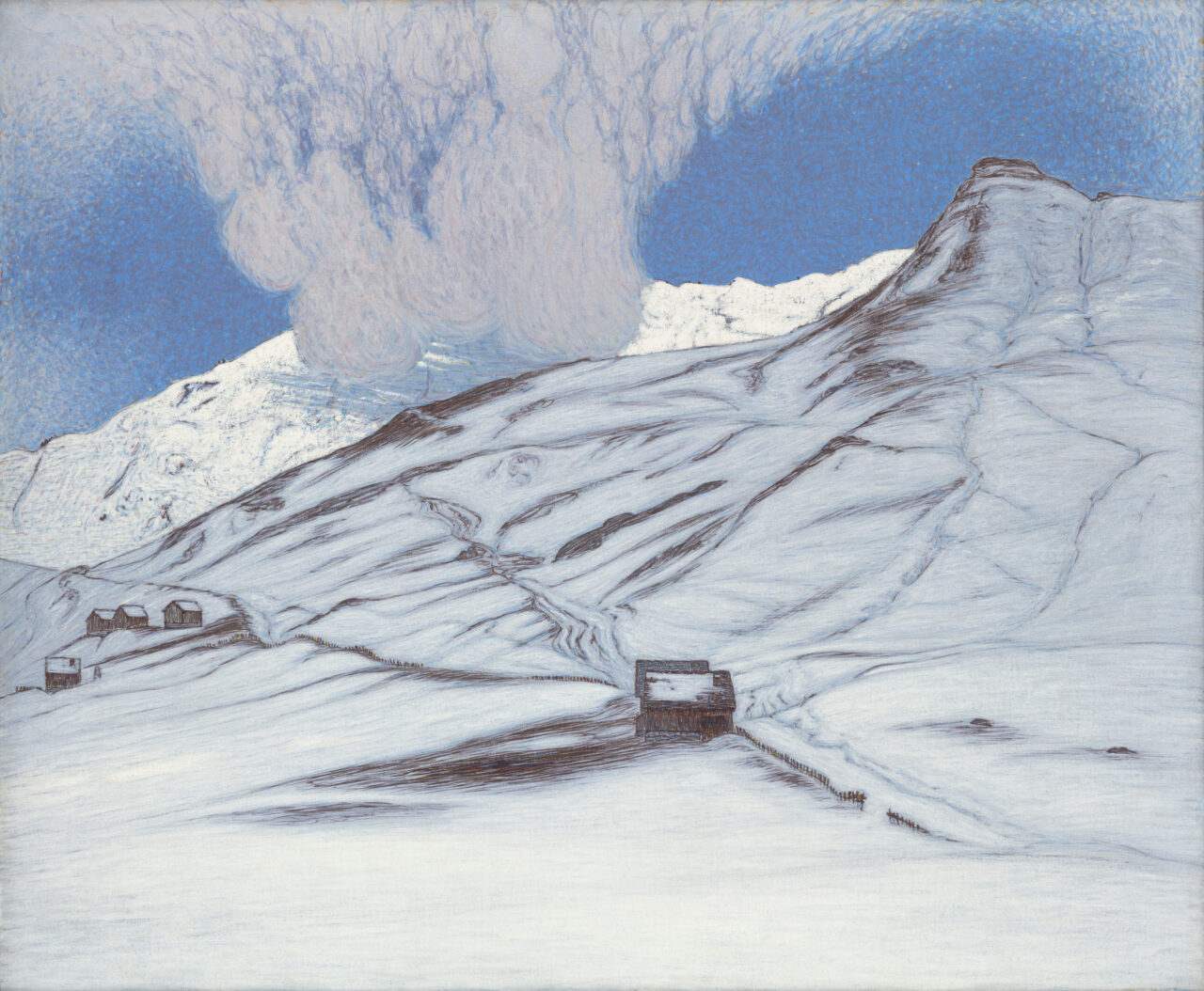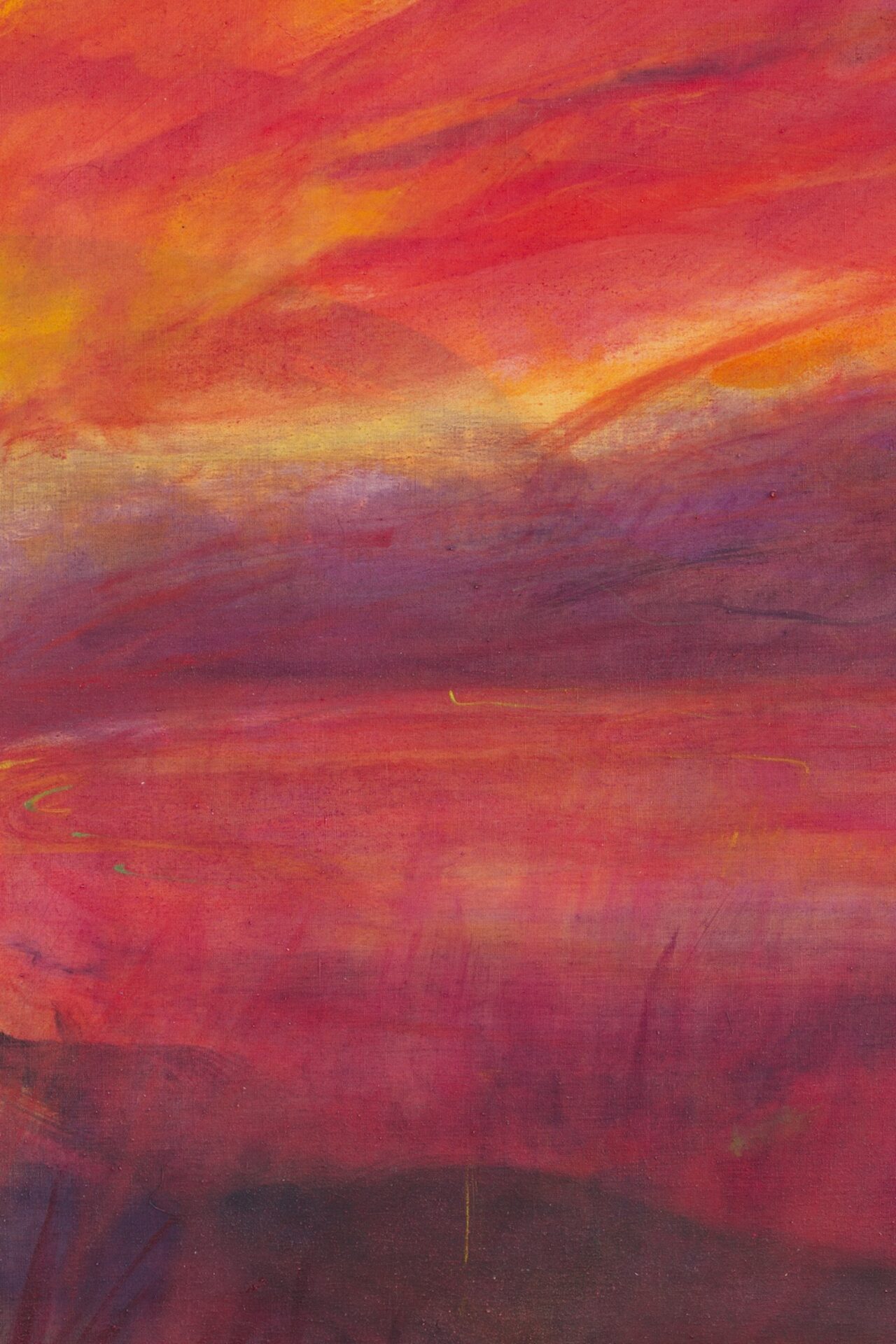Inverting the Monolith
During the dictatorship of Pinochet, a mining law was introduced to separate the land ownership of the mineral resources of the subsoil and give the concessionaires the right to exploit them without taking into account the wishes of the owners. Using drones and infrared cameras, Ignacio Acosta reveals the threats facing the private park Andino Juncalin Chile. In this protected area in the mountains, there is a vital ecosystem for the region. It consists of a network of glaciers, rivers, streams and underground springs, now threatened by suspicious mining activities, but also of a fauna victim of illegal hunting. In this video work, images captured by the artist’s sequential cameras are mixed with scenes recorded by the cell phones of activists who, despite death threats, monitor and denounce the mining of the region. With Inverting the Monolith, Ignacio Acosta continues to study the impacts of intensive exploitation and capitalization of the natural environment, particularly in South America and Northern Europe.
His recent work questions the possibilities offered by drones as tools of resistance in the decolonial struggle. By appropriating this technology from military surveillance, he proposes a new way of highlighting ecology and activist movements on a global scale. Confronting power dynamics, his working method is close to that of an investigator, mixing research on the field, personal searches and close collaborations. Inverting the Monolithis part of the research project Solid Water, FrozenTime, Future Justice, funded by the Arts and Humanities Research Council(AHRC), in collaboration with Louise Purbrick and Xavier Ribas, the RoyalCollege of Arts and the University of Brighton. The MBAL welcomes for the first time in Switzerland this work created for the exhibition EwigesEis, currently on display at the Museum Sinclair-Haus in Bad-Homburg, Germany.





